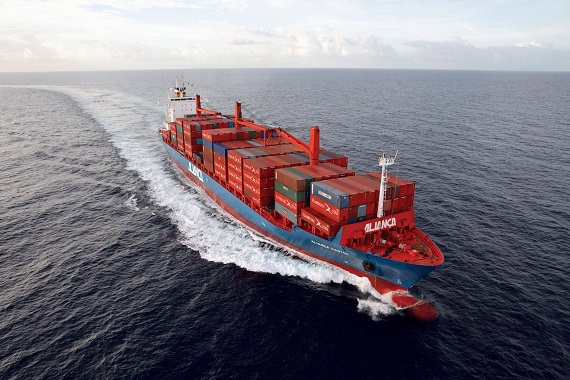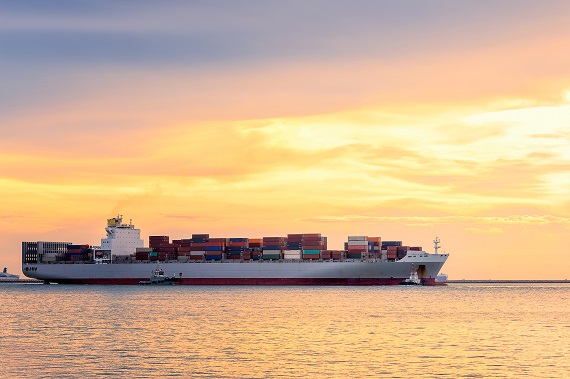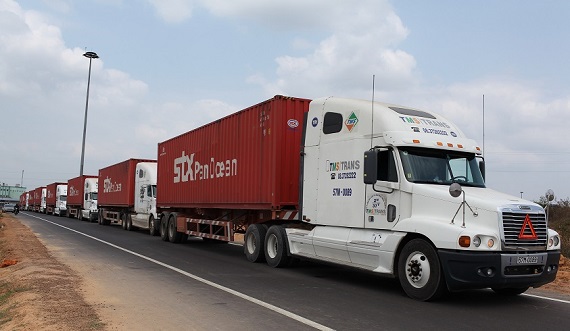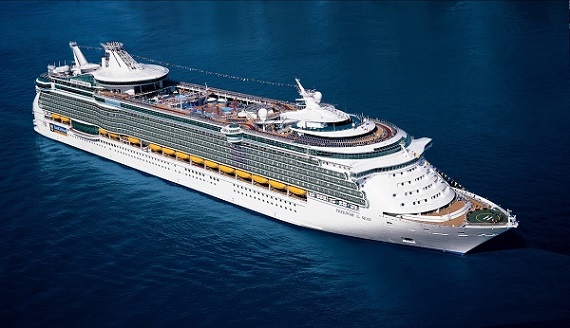
Marine

You can also need to make sure that you have a running down clause, a provision for a hull & machinery insurance that covers damages to another vessel from a collision with another ship or is caused by the ship. It will also cover you for any damages to the other vessel's cargo.
When purchasing hull or machinery insurance, the running down clause does not cover any exposure for ship owners from an accident that causes bodily injury, death or damage to fixed installations such as docks, piers. You would need a protection & indemnity policy for that sort of coverage.


Marine Transit & Cargo Insurance
Cargo insurance, freight insurance, shipping insurance & marine insurance are types of insurance policies you can purchase to protect your goods against loss or damage while they are being transported from origin to destination via truck or ocean vessel. These policies are meant to identify you if there is any loss or damage to your cargo.
Cargo insurance would cover the goods while they are being transported by sea, air or land. Although the term "Marine Cargo Insurance" is sometimes used, it actually includes cover for the land transit commencing from the moments of the goods leave storage up till they arrive at the final warehouse.
Policy Coverage
The policy covers the goods against damage partial or total, external cause including theft or catastrophe. The standard practice is to cover the invoice cost of the cargo being shipped, plus freight costs, plus percentage to cover any additional expenses associated with the shipping costs (normally 10% to 20%).


